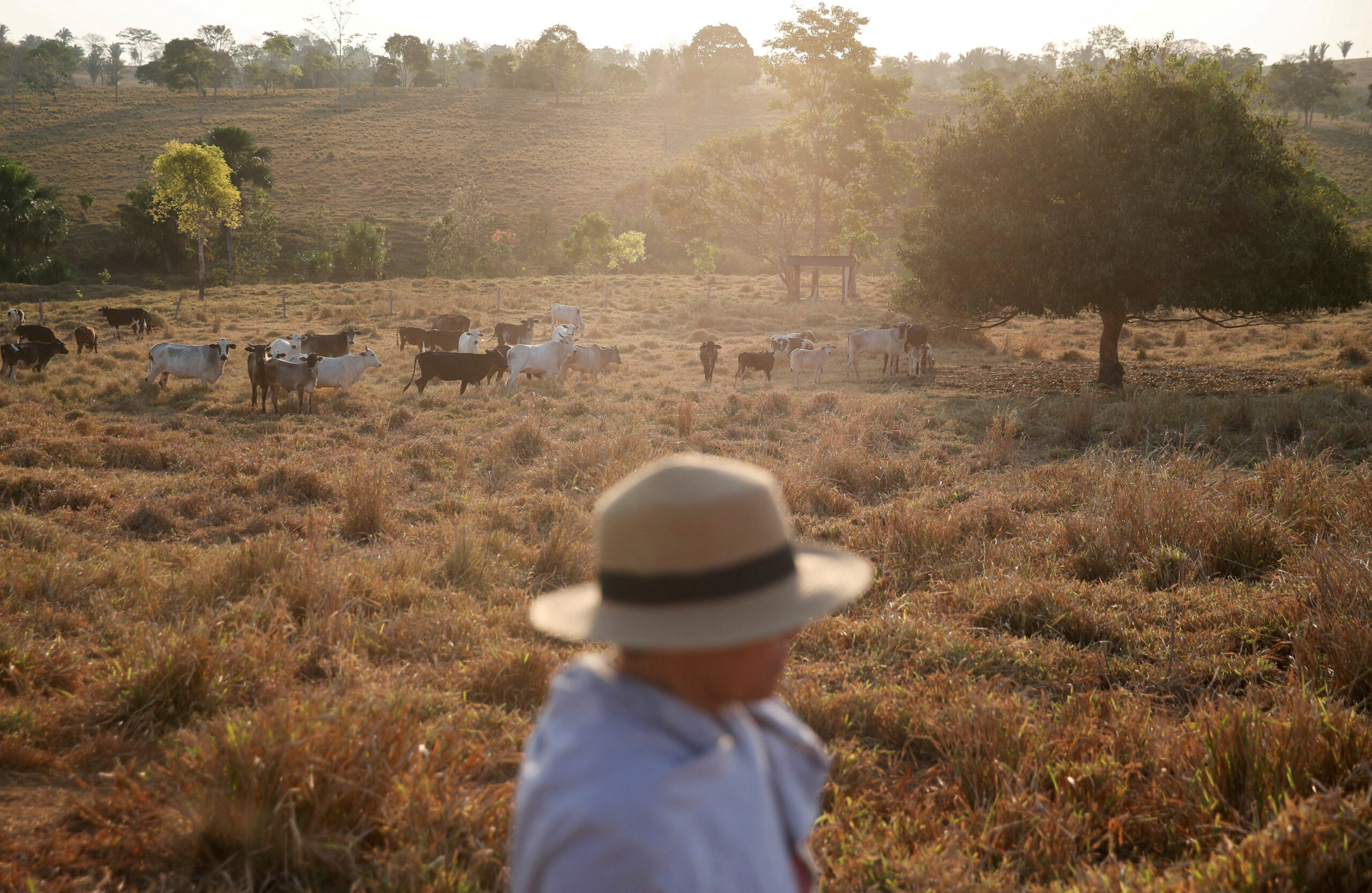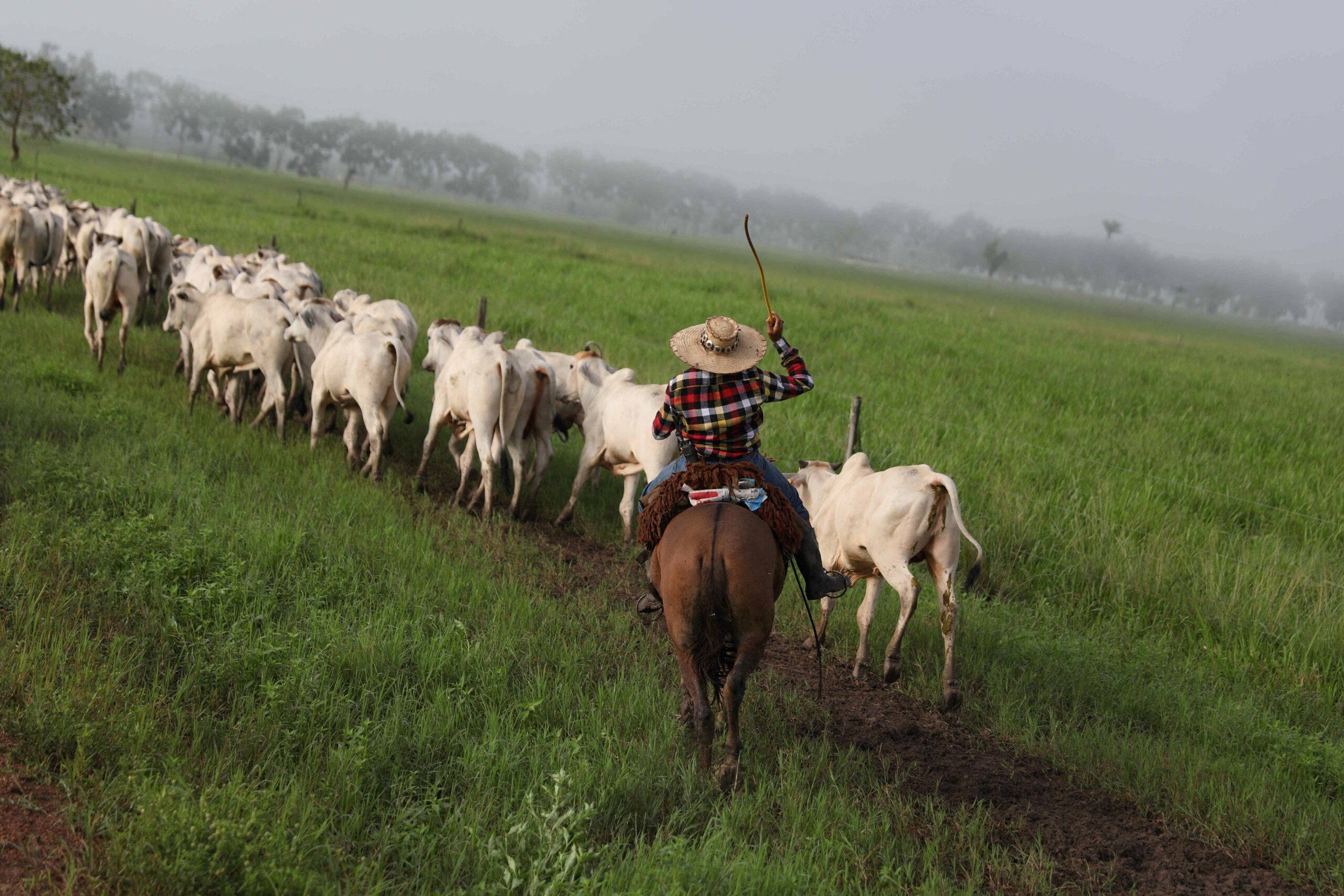By Ana Mano
SAO PAULO (Reuters) – Nearly 3,000 head of cattle died from hypothermia in Brazil’s Mato Grosso do Sul state in recent days, according to a statement posted on the website of local veterinary services on Wednesday.
The deceased animals represent a tiny fraction of Brazil’s cattle herd of about 224 million head and their deaths are unlikely to compromise beef production at meatpackers like JBS, which operate in the state.
But they drew attention as they are uncommon. Temperatures in the most affected areas ranged from 6 to 9 degrees Celsius (43 to 48 degrees Fahrenheit), according to local press reports.
READ MORE: 11 cattle auction sales held in 2022
Alcides Torres, an owner of agribusiness consultancy Scot Consultoria, said local cattle breeds can withstand the low temperatures of the country’s winter, which started today.
“Brazil exports live cattle for slaughtering in Turkey below the snow,” Torres said. “It was the cold but there was something else.”
Mato Grosso do Sul veterinary services did not reply to requests for comment beyond a statement in which it updated the cold-related cow deaths tally to 2,725.
Hypothermia occurs when body temperature drops below normal, and can be classified in cattle as mild, moderate and severe, the statement said.

The animal’s nutritional state, the low availability and quality of pastures, as well as the absence of shelters to protect animals against sudden climate change, rainfall and winds, all may contribute to cases of mortality due to hypothermia, authorities said.
“Previous episodes of mortality due to weather conditions in the state have already been described as prone to occur in a cyclical way,” the statement noted.
READ MORE: El Nino poses high risks to food security
In Brazil, the world’s biggest beef exporter, cattle mainly graze freely.
During winter, dry weather and lower food availability tend to tighten supplies, raising cattle prices.
The opposite is true in the first half of the year, when pastures thrive on abundant rain and sunshine, helping animals gain weight and boosting supplies available to meat processors, Torres said.
“With this cold, with the threat of frost, people thought there would be an oversupply of cattle,” Torres said. “There wasn’t, which suggests that supply is adjusting to demand.”


